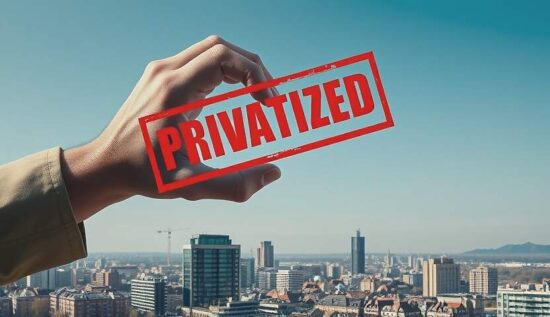The Hamburg Senate has decided to repurchase the former Pflegeheim operator, Pflegen & Wohnen, from the real estate company Deutsche Wohnen. The purchase agreement is expected to be signed by the end of the week.
The acquisition of the 2,400-bed care facilities, including the associated properties, offers the city the chance to become a standalone player in the field of stationary care, according to Hamburg’s Mayor Peter Tschentscher.
The 15,700 care beds in Hamburg are currently split evenly between welfare organizations and private providers. The city of Hamburg withdrew from the operation of care facilities in 2007, following the privatization of Pflegen & Wohnen.
The parent company of Deutsche Wohnen, Vonovia, had previously decided to divest its care facilities. It is alleged that the company had initially negotiated with various private bidders, but their primary interest was not in the preservation of the care facilities. At the time of the sale, the care facilities were secured by a property entry for 20 years, set to expire in 2026, allowing the properties to be freely utilized.
The CDU faction in the Hamburg State Parliament, which was in power at the time of the sale, is demanding an examination of the purchase price. “The initial impression is of an expensive election maneuver” they said.
Vonovia, formerly known as Deutsche Annington, was notorious for neglecting the maintenance of its properties and allowing them to deteriorate. However, the company has faced significant losses in the commercial property sector in recent years.
The takeover of the care facilities by the Hamburg Senate appears less like an “expensive election maneuver” and more like a massive boost for the real estate company. Pflegen & Wohnen was sold for 65 million euros, but will be repurchased for 380 million, resulting in a profit of 315 million euros for Deutsche Wohnen, or a profit of over 480 percent. This is also an enormous gain in relation to the development of land and property prices, which have approximately doubled in the same time period, and can only be explained by political pressure.





